Mercury Pollution Threatens Arctic Foxes

New scientific results show that arctic foxes accumulate dangerous levels of mercury if they live in coastal habitats and feed on prey which lives in the ocean.
The Black Sea is a Goldmine of Ancient Genetic Data

The semi-isolated Black Sea is highly sensitive to climate driven environmental changes, and the underlying sediments represent high-resolution archives of past continental climate and concurrent hydrologic changes in the basin.
Seafood Safety and Policy What’s safe to eat? How can we know?

In Japan, a nation that eats prodigious amounts of seafood, one question sits high on the list of public concerns: Is seafood caught after the Fukushima nuclear catastrophe safe for human consumption?
San Diego-Tijuana Region

The metropolitan areas of San Diego, California, and Tijuana, Baja California, together form an international conurbation that crosses the USA-Mexico border at the northern end of the Baja Peninsula near the city of San Ysidro. The combined population of the region is approximately 5 million according to 2010 census information.
Arctic Ocean Acidifying Rapidly
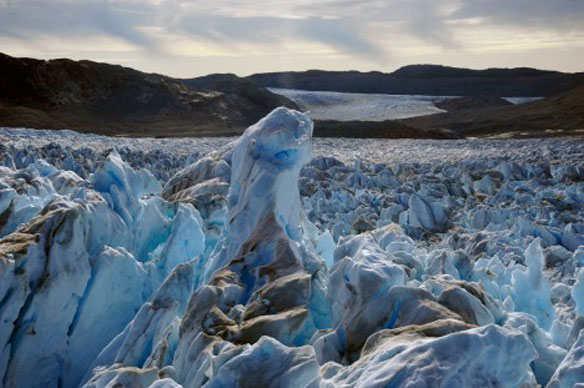
The Arctic seas are being made rapidly more acidic by carbon-dioxide emissions, according to a new report, by the scientists from the Arctic Monitoring and Assessment Programme (AMAP).
Garbage as Fuel: Solution or Problem?
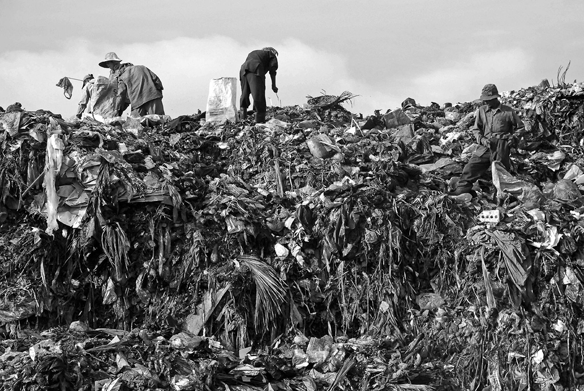
Heralded as an innovative way to eliminate garbage and create energy at the same time, the city of Oslo has turned to relying on trash incineration to support approximately half of the city’s buildings.
Scripps Oceanographers Study Coastal Erosion, UC San Diego
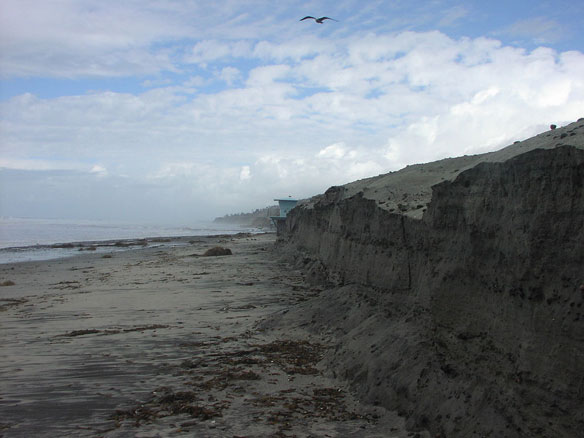
San Diego’s coast is a precious resource for beachgoers, marine life and our county’s economic well-being. It’s also an ever-changing ecosystem threatened by erosion. With 70-plus miles of pristine beauty, the US’s western coastline is constantly shifting.
The Vanishing Beach: Hopton coastal resort engulfed by the North Sea, UK- In Pictures
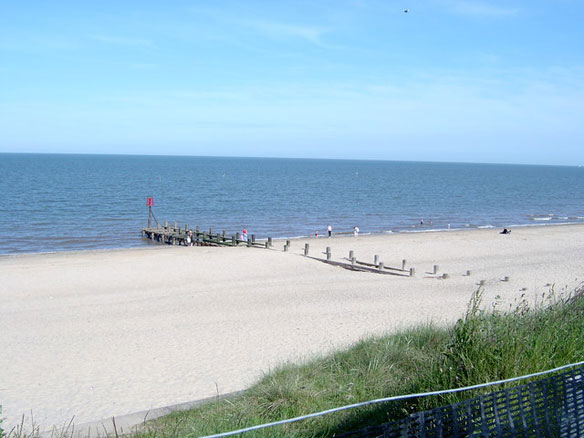
These dramatic photos show the changing face of a popular beach that has had an astonishing 6,000 truckloads of sands washed away in just three years.
Riders To paddle 300 Miles For Plastic Pollution Awareness
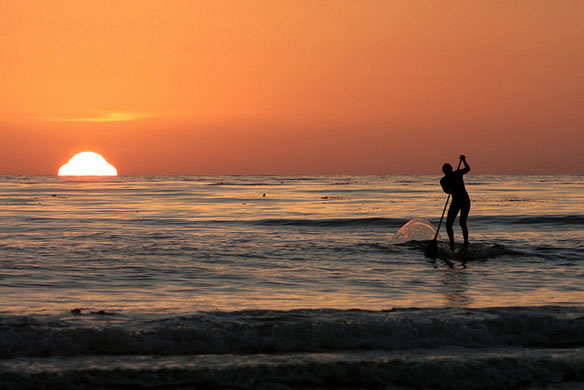
On June 8, World Oceans Day, YOLO Board team riders will begin paddling up the North Carolina coast, from the South Carolina state line to Virginia. The riders are making the trip to raise awareness of plastics pollution in the ocean.
